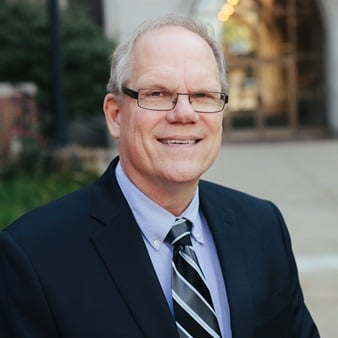
Daily Devotional | Strengthened by Grace
On the final day of the college classes I taught, I was always haunted by the thought of everything I hadn’t found time to say. One wonders if the writer of this book felt the same way. The closing verses are a collection of final exhortations that range from the readers’ attitude toward their leaders, warnings about false teaching, a personal appeal for prayer, a beautiful benediction, and personal greetings.
Even so, Jesus is at the center of it all. Readers are to imitate their leaders by trusting in Jesus, Who does not change (v. 8). They are to beware any teaching that devalues Christ. This may be teaching about eating ceremonial foods, “which is of no benefit to those who do so” (v. 9). Or any instruction that fails to acknowledge Jesus as the only sacrifice God accepts for sin. He “suffered outside the city gate to make the people holy through his own blood” (v. 12). Because of this, Jesus’ followers should not be ashamed of their outsider status in society (v. 13). We may live in this present world, but “we are looking for the city that is to come” (v. 14).
How do we come to God? It is only “through Jesus” (v. 15). He has provided a better way “through the blood of the eternal covenant” (v. 20). Through Jesus, the Father equips us “with everything good for doing his will” and enables us to do “what is pleasing to him” (v. 21). Because of what Jesus has done, our work is a form of thanksgiving, and our dwelling place is with God. As the old hymn says, “There would I find a settled rest | While others go and come; | No more a stranger, nor a guest | But like a child at home.”
How can you keep Jesus at the center of your life? What changes would that require? Write down your main takeaways from the book of Hebrews.
Dear God, thank You for everything we learned from the book of Hebrews this month! Thank You for Your grace that strengthens us. And thank You that we have access to a better way because of what Your Son has done. Amen!
About the Author
John Koessler
Dr. John Koessler is Professor Emeritus of Applied Theology and Church Ministries at Moody Bible Institute. John authors the "Practical Theology" column for Today in the Word of which he is also a contributing writer and theological editor.
View More